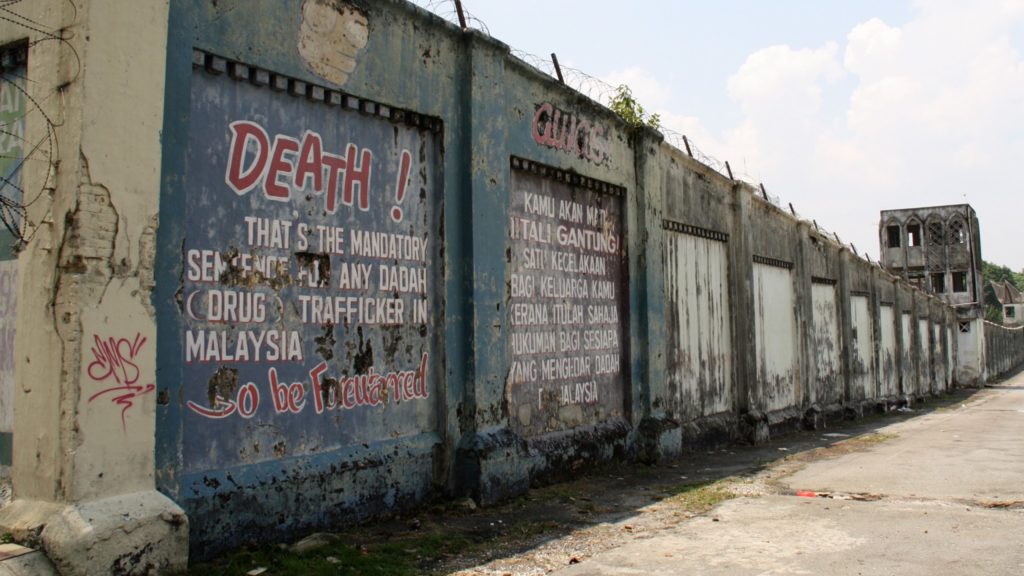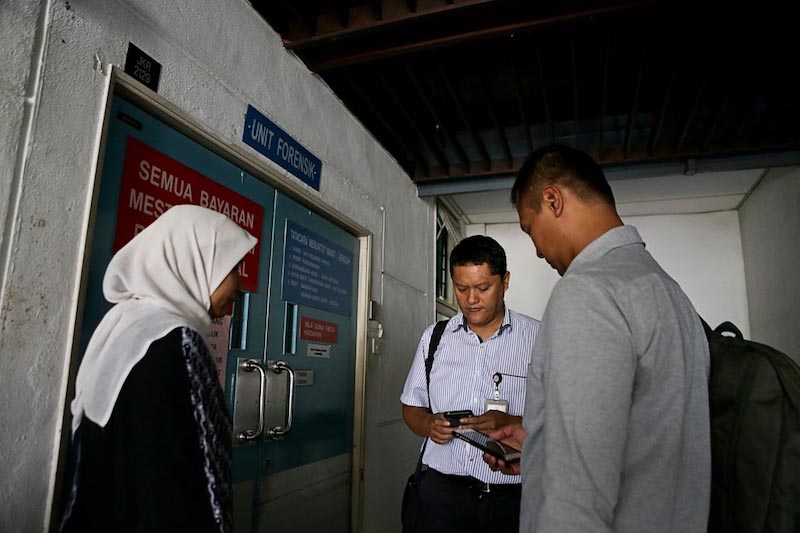
“I have put forward the notion of necropolitics and necropower to account for the various ways in which, in our contemporary world, weapons are deployed in the interest of maximum destruction of persons and the creation of death-worlds, new and unique forms of social existence in which vast populations are subjected to conditions of life conferring upon them the status of living dead … Under conditions of necropower, the lines between resistance and suicide, sacrifice and redemption, martyrdom and freedom are blurred.”
Achille Mbembe, “Necropolitics”
Twenty years ago, Achille Mbembe’s seminal article, “Necropolitics”, was published. In the intervening two decades, the world has committed itself to the various ways of destruction of persons and the creation of death-worlds. From environmental devastation to mass eviction to brutal warfare to brutality against vulnerable populations seeking assistance to brutality against those deemed destined for vulnerability and beyond, cruelty, suffering, misery followed intentionally miserable deaths has been the script. But in the past few months, Malaysia, no great bastion of either civil or human rights, decided enough is enough, and it’s time, way past time, to put a pause and perhaps even step away from the necropolitical order.
On April 3, Dewan Rakyat, or lower house, of Malaysia’s Parliament, voted for legal reforms that would abolish the mandatory death sentence for 11 offences. The full reforms called for the suspension of the death penalty for 34 offences, including kidnapping. While Malaysia has had a moratorium on death sentences since 2018, they did not close death row, and so judges have continued to send people convicted of these acts to death row, all in the name of rule of law. Executions would be replaced with whipping and imprisonment for as much as 40 years. This is in direct contrast to Malaysia’s neighbors, especially Singapore and Myanmar, who have returned to executions in recent years. The reforms also do away with imprisonment for a person’s natural life. On April 11, the Dewan Negara, or upper house of parliament, passed the reforms. They’re not perfect and they’re not all-encompassing (the death penalty can still be applied to those convicted of drug trafficking, but it’s no longer mandatory), but they are a step in the right direction.
Then, on May 22, the Dewan Rakyat passed a bill removing Section 309 of the Penal Code, a clause that punished suicide attempts with up to 1 year in jail, a fine, or both. Between 2014 and 2018, 11% of people who attempted suicide were prosecuted, again all in the name of the rule of law. Deputy Minister Ramkarpal Singh explained, “We are taking the approach to do away with punitive action and move towards rehabilitative measures. We hope that more people who are in need of help will come forward and seek treatment, and, at the same time, we will be able to reduce the number of suicide cases in future”. With suicide rates and rates of depression rising generally, and in particular among adolescents and young adults, the campaign to decriminalize suicide began with a youth campaign, launched in 2020.
Malaysia’s prisons are massively overcrowded, with as many as almost 42% of those incarcerated awaiting trial. Malaysia’s immigration detention centers are notoriously opaque, but we do know that 150 detained persons, included children, died in those centers last year alone. The detention centers are overcrowded as well, and those who resist deportation are sentenced to indefinite detention. In March, organizers of a Women’s Day rally were called into the police for questioning because of allegedly pro-LGBTQ+ posters. Malaysia is no bastion of human or civil rights. But it has taken important steps recently that could lead to other positive steps. Another world, one in which redemption and freedom grow, is possible.
(By Dan Moshenberg)
(Photo Credit: New Naratif)

